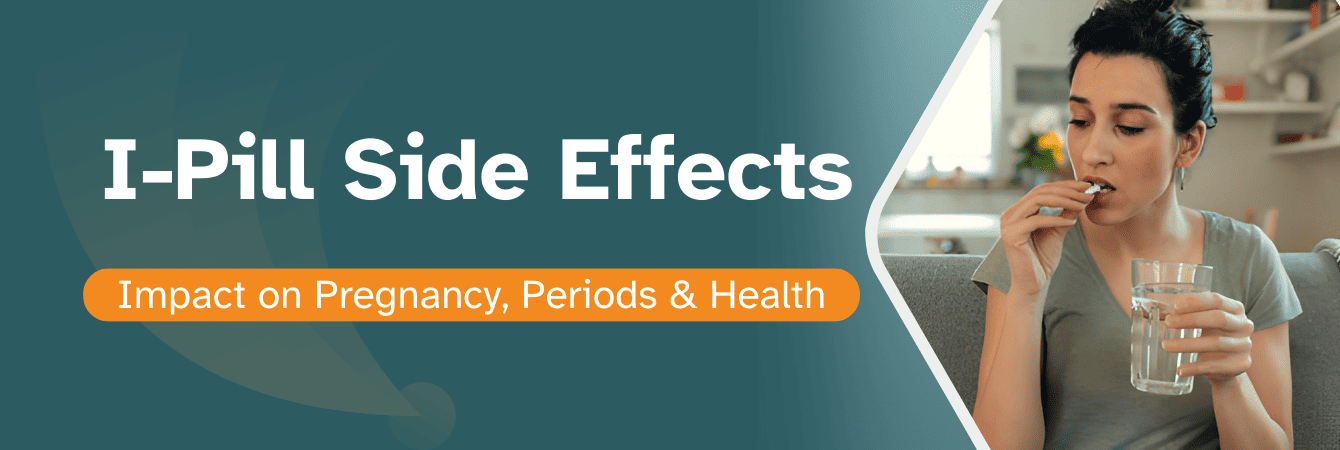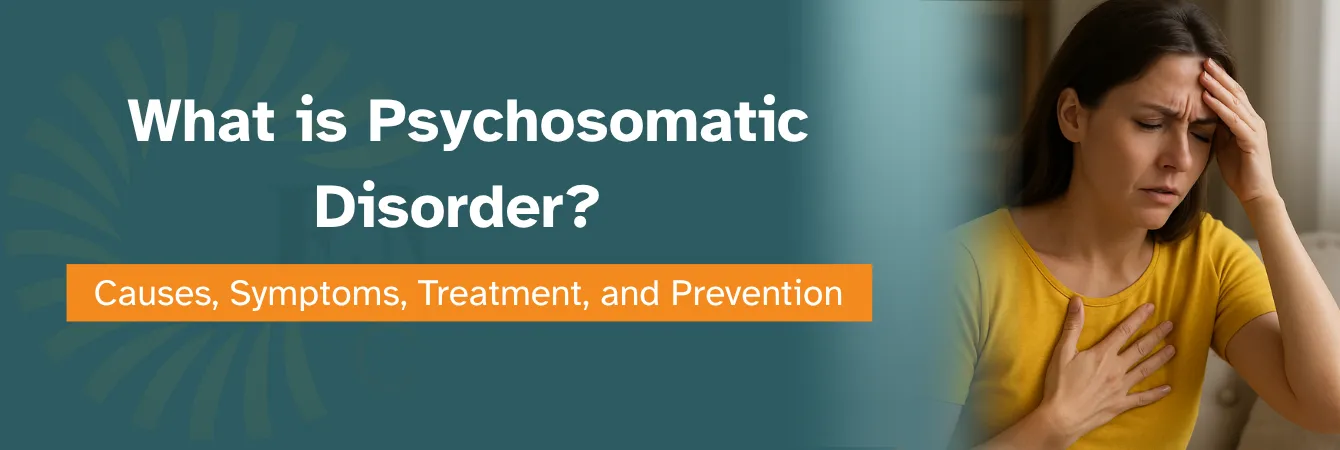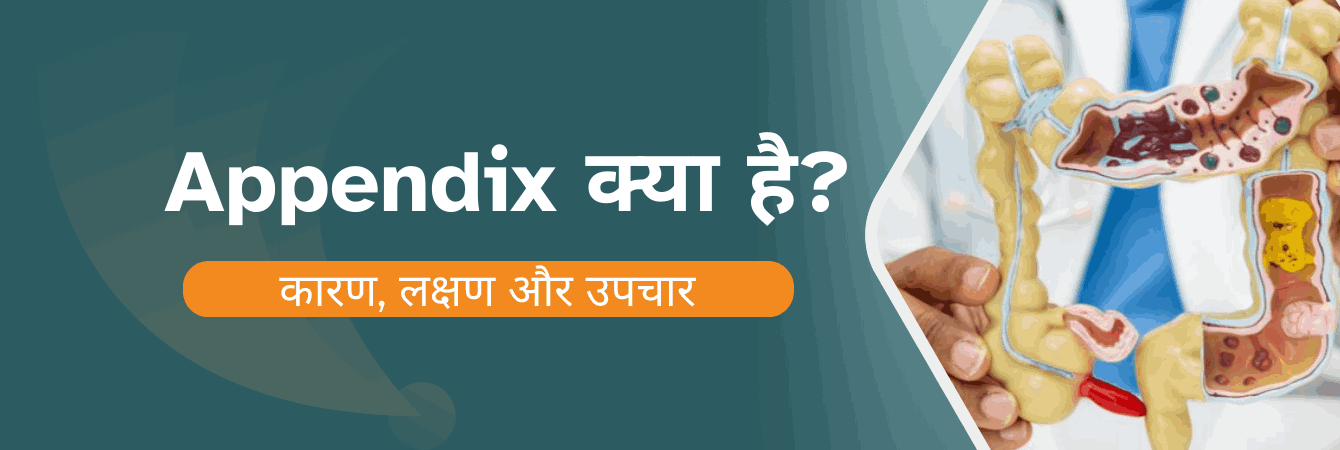I-Pill Side Effects: Impact on Pregnancy, Periods & Health Risks
- September 19, 2025
- Abrol Hospital
The I-Pill is a widely used emergency contraceptive pill designed to help prevent pregnancy after unprotected intercourse or contraceptive failure. It’s not meant for regular birth control, but as a backup option when things don’t go as planned.
How Does the I-Pill Work?
The I-Pill contains levonorgestrel, a synthetic hormone that mimics progesterone, naturally found in the female body. Once taken, it works primarily in three ways:
» Stops or delays ovulation (the release of an egg)
» Prevents sperm from reaching the egg
» Alters the uterine lining, making it harder for a fertilized egg to attach
Important Note: If fertilization and implantation have already occurred, the I-Pill cannot reverse pregnancy. It’s not an abortion pill.
Common Side Effects of the I-Pill Tablets
Nausea and Vomiting
Probably the most common side effect. In some women, it kicks in within an hour. If you vomit within 2 hours of taking the pill, you may need another dose.
Headaches and Dizziness
Mild headaches and light-headedness can occur due to hormonal imbalance. Nothing to panic about unless they persist.
Fatigue and Breast Tenderness
You may feel unusually tired or notice sore breasts for a few days. It’s your body adjusting to a sudden hormone overload.
I-Pill side effects on Pregnancy
Can You Still Get Pregnant After Taking the I-Pill?
Yes. It reduces the chance of pregnancy but doesn’t guarantee prevention. The sooner you take it, the better your odds.
What If You Take It While Already Pregnant?
The I-Pill won’t harm an existing pregnancy. It doesn’t cause abortions. If you’re already pregnant, it simply won’t work.
Misconceptions About I-Pill and Abortion
Let’s bust the myth: The I-Pill is not an abortion pill. It prevents pregnancy — it doesn’t terminate one.
I-Pill and Period Changes
How the I-Pill Affects Your Menstrual Cycle
One of the most noticeable effects of the I-Pill is its impact on your period. Since it interferes with your ovulation, it can alter the timing and flow of your next cycle. Your period might arrive earlier or later than expected, and its duration may be shorter or longer.
Delayed or Early Periods — What’s Normal?
A delay of up to a week is common after taking the I-Pill. On the flip side, some women may experience an earlier-than-expected period. These variations are usually temporary. However, if your period is more than 7 days late, it’s advisable to take a pregnancy test to rule out conception.
Spotting or Bleeding Between Periods
Some women may experience spotting or light bleeding before their next actual period. This is not a cause for concern and is a typical response to the hormone surge. It usually resolves on its own and does not indicate any long-term issues. Consult with expert doctors for personalized advice and safe guidance.
Long-Term Health Risks
Is It Safe to Use Frequently?
Nope. The I-Pill is for emergency use only — not a backup for regular contraception. Taking it often can wreak havoc on your cycle and hormone balance.
Hormonal Imbalance
Using it frequently can disturb your natural hormonal rhythm, leading to irregular periods, mood swings, and acne flare-ups.
Effects on Fertility
There’s no long-term impact on fertility if used occasionally. But repeated use? It can make your cycle unpredictable, which can confuse your fertility tracking.
FAQs (Frequently Asked Questions)
Common side effects of the I-Pill include nausea, vomiting, headaches, fatigue, dizziness, breast tenderness, and changes in your menstrual cycle such as early or delayed periods. These effects are generally short-term and subside within a few days.
Yes, the I-Pill can delay your period by up to a week. This is due to the high dose of hormones that can interfere with your normal ovulation cycle. If your period is more than 7 days late, take a pregnancy test.
Taking the I-Pill multiple times in a month is not recommended. Frequent use can lead to hormonal imbalances, irregular periods, and reduced effectiveness. It’s meant for emergency use only, not as a regular birth control method.
No, the I-Pill does not cause abortion. It works by preventing ovulation and fertilization. If you're already pregnant, the I-Pill won’t terminate the pregnancy or harm the fetus.
Yes, pregnancy is still possible after taking the I-Pill, especially if taken too late or during ovulation. The effectiveness is highest (up to 95%) within 24 hours of unprotected sex and decreases over time.
If you vomit within two hours of taking the I-Pill, it may not be effective. You should consult a doctor and may need to take another dose.



